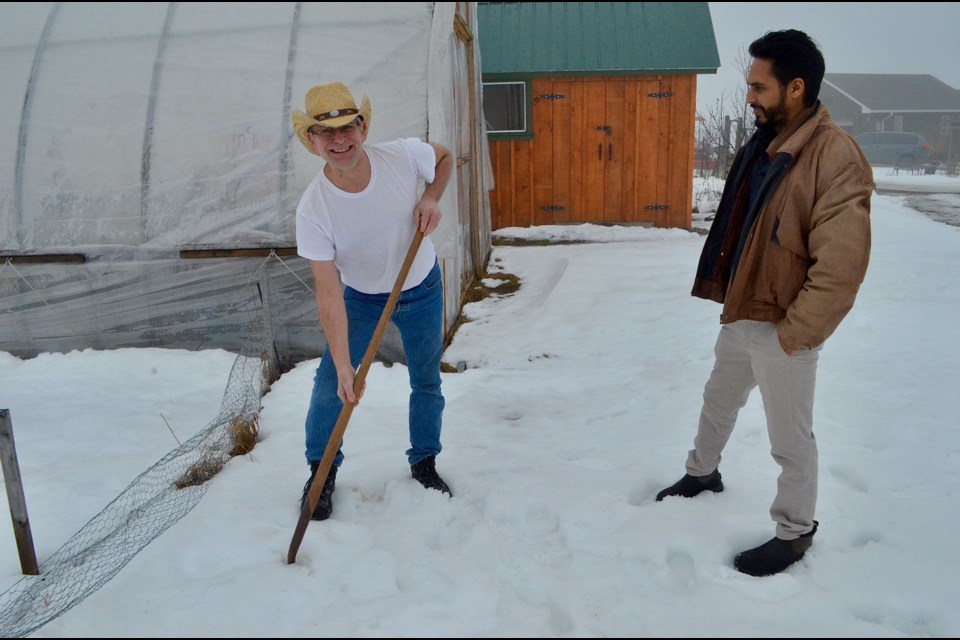The organizers of the Guelph Resilience Festival 2020 have cancelled all the events of the week-long festival this year due to growing concerns over the COVID-19 pandemic.
“The irony of it all is that the whole focus of the festival this year is how to prepare a community for this kind of thing,” said lead organizer Steve Tedesco.
“No one saw this pandemic coming when we talked about the theme last summer. I have talked about black swans but it could have been any number of things. Who would have thought it was a virus that could potentially trigger these kinds of disruptions.”
The festival that was scheduled to run from March 21 to March 28, is supported by Transition Guelph and the theme this year, Local Food - Great for You - Great for the Planet, focused on promoting local food and growing backyard gardens. It included workshops, keynote speeches about sustainable food and Seedy Saturday, a popular annual event where people can buy seeds and plants and talk to local vendors and gardening experts.
“My advice to people is that if you don’t have a backyard garden start thinking of it for the spring because who knows,” said Tedesco. “We may be fine but we may find we are running into shortages, you just don’t know.”
The pandemic is affecting the economy in a variety of ways but its impact on the international food supply chain could be the most serious. Tedesco said that unforeseen crises such as this stress the value of having reliable local food sources.
“I think it was basically coming from a place of seeing a whole bunch of threats or risks to our global supply chains,” said Tedesco. “Food being top of mind for most people because they have to eat fairly regularly, right. In the hierarchy of needs, food seemed a good place to focus.”
While it is important for people to learn about growing their own food from experts and accessing healthy, reliable seeds and food sources, organizers didn’t think it was worth the risk of spreading the virus.
“We’re applying the precautionary principle because there are just so many unknowns about the disease itself and what the risk profile is now and what it will be,” said Tedesco. “We are trying to be balanced but it seemed a prudent precaution to say, ‘Let’s skip it this year’. The festival is a celebration. We don’t want it to become a bad thing. The spirit will live on and we will find a way to get the message out to the public that these are important things to be aware of and learn.”



